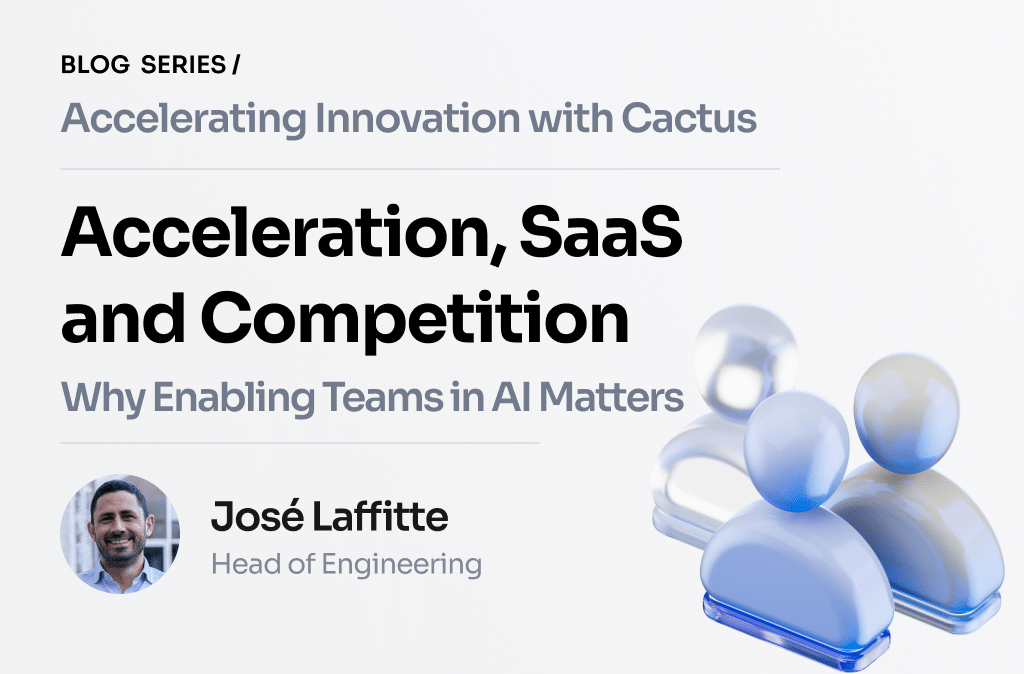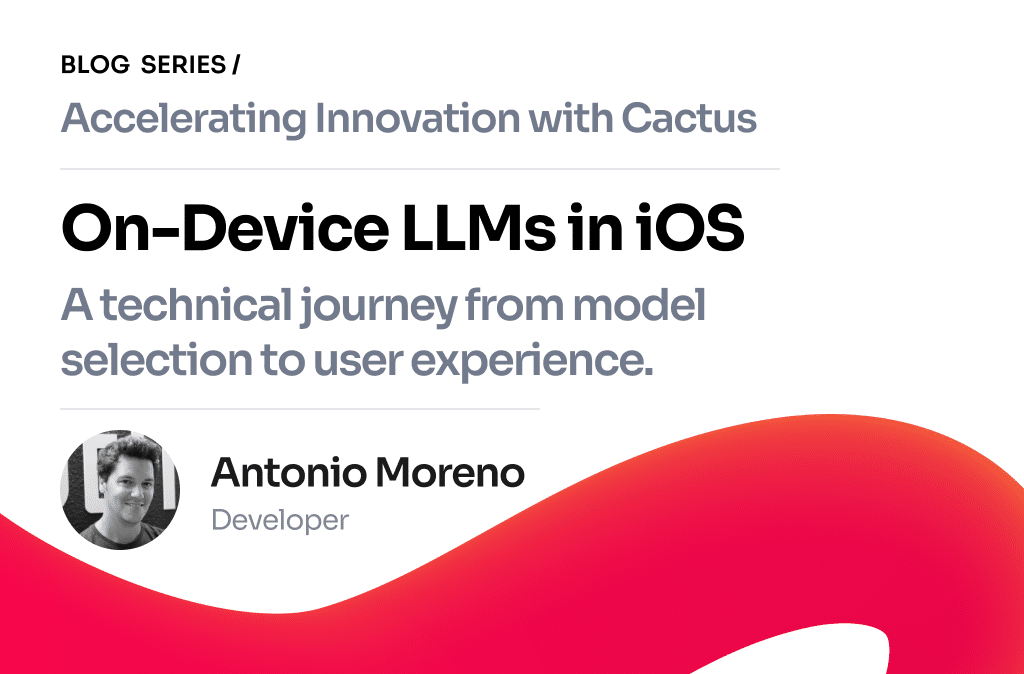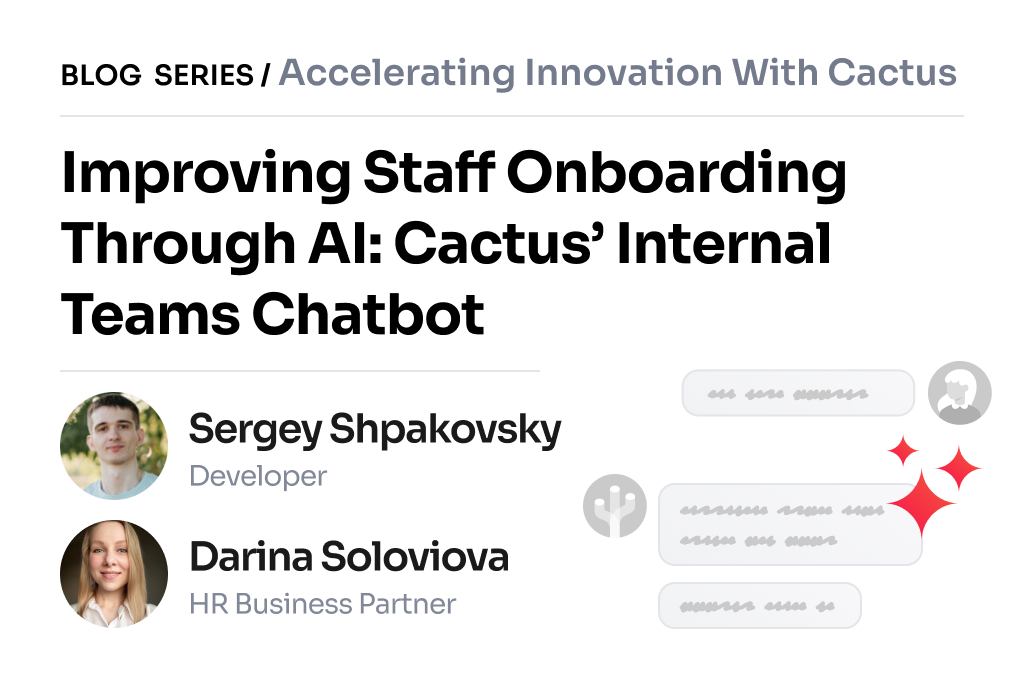As the world faces global digital transformation, organizations that implement modern technologies first will definitely become market leaders.
If you want to give a boost to your business processes, you need to keep abreast of current technological tendencies. HR management is no exception. I would even insist on saying it’s the most important department to be considered in terms of digital reorganization.
Integration of Artificial Intelligence into the digital workplace facilitates the workflow within the organization, increases employee efficiency and lowers budget spending.
AI solutions can assist HR specialists in completing typically repetitive work, thereby maximizing human potential and letting them focus more on professional development and complex challenges.
As for now, AI is capable of screening out unsuitable candidates, completing questionnaires, conducting first stage interviews and onboarding. It will not only free up the production time but will also improve the corporate environment, as your employees will be able to spend more time on creative and inspiring tasks.

Machine Learning might play a crucial role in the company’s productivity, as it is able to analyze a huge amount of data using accurate mathematical calculations while eliminating human error.
ML technologies can construct optimal career paths for each employee based on their experience and professional skills. Such systems give recommendations and explain what steps are needed to achieve the goal and within what time frame. This increases the loyalty of employees and optimizes expertise and competence within the company, therefore making it more competitive.
“By using artificial intelligence to source, screen and interview candidates, we have increased our hiring speed by 85%. We have also experienced other business benefits, such as increasing the diversity of our talent pool and enabling our recruiters to identify a high-performing candidate faster.
Having started our journey using AI in 2014, we see that future use cases for AI include improving new hire onboarding and providing internal talent mobility for Hilton employees”.
Sarah Smart, Vice President of Global Recruiting at Hilton
During the recruitment process, an HR specialist makes a lot of decisions intuitively. In fact, most recruiters decide on a candidate during the first 60 seconds of a meeting, often based on a person’s appearance and self-presentation. We do not really know what characteristics, experience, education, and personality traits guarantee success in this role.
Managers and HR specialists spend billions of dollars on evaluation, tests, and simulations when hiring people, but many say that they still make mistakes with 30–40% of their candidates.
Soon a successful HR worker will be more of a multitasking manager working in coordination with the Research & Development department. He/she will be able to synchronize the analyzed data in order to achieve effective results and correction of business processes.

Artificial Intelligence will serve recruiters as an automated assistant. In the future, such an assistant is going to obtain cognitive computing. Voice recognition and candidate’s MIMIC analysis will help recruiters to understand whether the candidate meets corporate needs. Accounting, resume evaluation, predictive analytics, employee training, and bonus systems have already been partly automated and do not require human interaction.
By analyzing received data, AI is capable of making accurate predictions. As instant messenger became a popular tool for conducting an interview, integration of an AI assistant makes reasonable sense.
Additionally, Artificial Intelligence can be helpful in collecting feedback on internal issues and propositions from team members, as well as conducting anonymous surveys on sensitive topics. By facilitating such a strategy in a digital workplace, the employer will reduce the chance of losing a valuable worker, as employees will be treated as internal clients of the company.
Obviously, as in every emerging technological solution, there are certain risks. An AI-integrated system makes it hard to define on what bases the algorithm has come to a certain conclusion, even though, as per the latest statistics, in 86% of cases the calculations give an accurate forecast. Therefore, the decision-making process will still be in the professional scope of a real human being.
Many feel concerned about the fact that AI might fully substitute a human. However, that is not precisely what will happen. Obviously, some repetitive jobs will be eliminated, but it will be a huge positive shift, as companies will spend more time searching for uniquely human skills.
It is estimated that 133 million new jobs will be created. Skills in both emotional intelligence and technical intelligence, like technology design and programming, will still be important.






